Introduction

M any churchgoers – whether lifelong attendees or newcomers – often have the impression that Christian theology is a fully settled matter. We might assume that in ancient times, devoted Christians gathered to wrestle with the great mysteries of faith, and their efforts resulted in a clear, final set of beliefs. This leads us to think our role is simply to accept these time-honored beliefs as they have been passed down to us.
But as we look back through history, we discover something more compelling: Christian theology has always been shaped by an ongoing dialogue, a dynamic conversation that has evolved over centuries. Far from being rigid, Christian thought is influenced by the search for understanding, with new voices shaping the journey along the way.
The Early Church: Dialogue and Diversity
In the early days of Christianity, a rich diversity of thought and practice flourished. The first Christians engaged in meaningful discussions as they sought to live out Jesus’ teachings. This was a time of exploration and deep reflection, with a variety of early Christian writings we still read today. These conversations weren’t about uniformity, but about deepening faith and understanding.
As Christianity gained visibility in the Roman Empire, especially after Constantine’s conversion and the Edict of Milan in 313 CE, its relationship with political power began to shape its theological trajectory. The Council of Nicaea in 325 CE, which resulted in the Nicene Creed, was important in defining Christian belief, but it also marked a shift toward seeking unity for the sake of stability. While this helped Christianity grow, it also narrowed the scope of theological exploration that had once been vibrant.
Politics and Belief: A Complex Legacy
As the church became more intertwined with empire, many theological decisions were influenced by political and social order. The desire for unity led to doctrinal agreements, but it also sidelined certain ideas and voices. Yet, faithful individuals continued to keep the conversation alive, refusing to let the spirit of inquiry be extinguished.
Today, we can reclaim that vibrant dialogue. Figures like Origen, who sought to explore the mystery of God beyond traditional boundaries, and Meister Eckhart, whose mystical insights pushed theology forward, remind us that faith is not static but a living conversation. In our time, we can honor this tradition by engaging with our faith in a spirit of exploration and openness.
Build Your Own Beliefs
In our Build Your Own Beliefs workshop, we invite participants to join this ongoing conversation. Over four weeks, we will explore essential questions about Christian belief—questions about the nature of God, the identity of Jesus, and the meaning of heaven and hell. Our goal is to create a space where each person can reflect on their beliefs and grow in understanding.
Together, we’ll engage with a broad range of perspectives, from traditional teachings to unconventional ideas, encouraging each other to express our beliefs with clarity and confidence. As we deepen our understanding, we’ll continue the long tradition of Christians who have actively shaped the future of faith.
We hope you’ll join us in this conversation and carry the message of Jesus forward into a new era.


